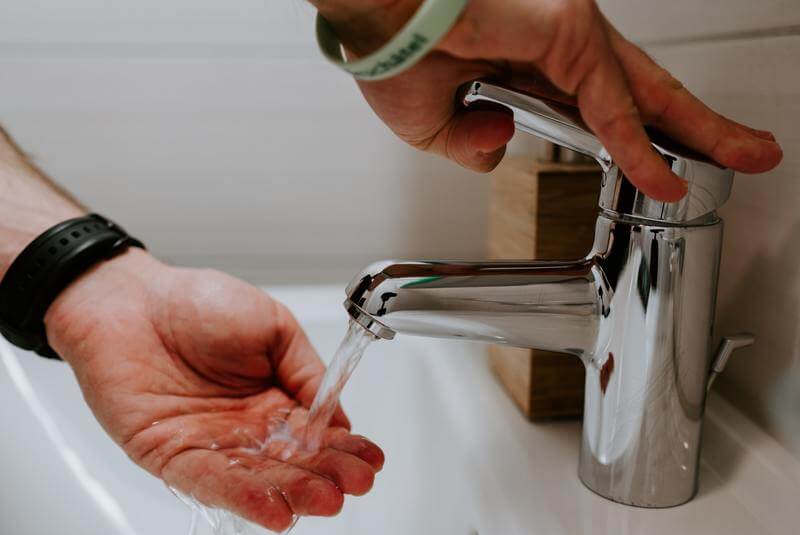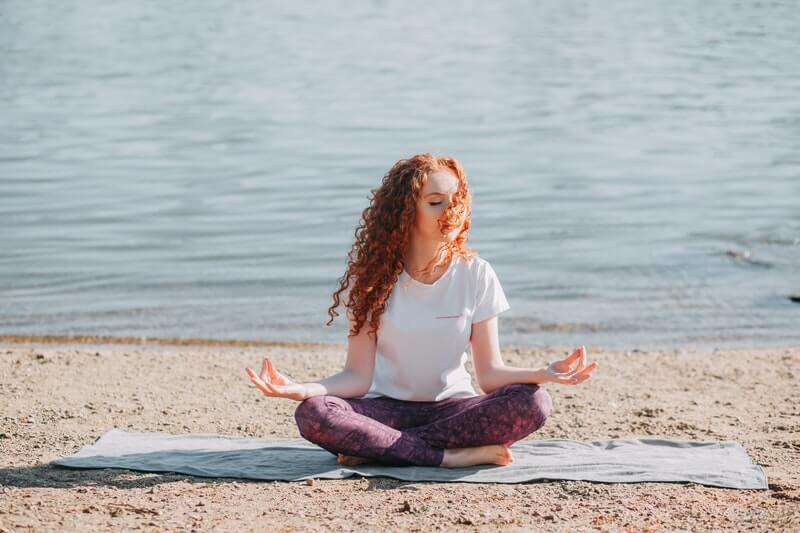The COVID-19 disease has resulted in turmoil all over the world. The economy has dipped and continues to decline each day; industrialization has drastically come to a halt, and it’s no longer normal to be outside in some parts of the world. It’s easy to look at the effects of the virus on major aspects of human life like the economy and forget about the small extra battles that people have to face as a result of COVID-19. It’s easy to assume that ‘Everyone is fine as long as we’re all at home’ or that ‘It’s nice that everyone finally gets a break from the daily hustles of life.’
One of the main directives from the World Health Organization (WHO) is that people should maintain social distancing at all times, wash their hands frequently and practice self-isolation as much as possible to reduce the spread of COVID-19.
While directives from the WHO are in everyone’s best interests, people suffering or recovering from addiction have to deal with a whole new set of problems. Addiction treatment has been proven to be most successful when conducted together with other members of the community battling the same addiction.
How to Stay Sober During Self-isolation
1. Talk to People
A lot of people are going through the same harrowing experience just like you. Call your loved ones and tell them exactly what you’re going through, and you’ll feel better by the end of the phone call. Most addiction treatment centers also have on-call professionals who are available 24 hours a day, every day, for over the phone counseling services.
People on social media platforms have even formed forums for people recovering from addiction where they talk just like they would during the support group meetings. It may not compare to face to face interactions, but it’s a great place to start.
2. Seek Help Online
With everything coming to a halt, organizations such as Alcoholics Anonymous and Narcotics Anonymous have made most of their services available on the internet. Alcoholics Anonymous has made use of applications such as Zoom and Google Hangouts, where you can browse through and find options that are best for you. Narcotics Anonymous also has a similar website.
Being able to talk to someone is better than just sending a text as you end up feeling better and stronger from an encouraging and soothing voice rather than just a text with emojis. It’s just like one on one meetings but over the Internet.
3. Try Something New
It’s easy to get into your head during self-isolation. Boredom is the ultimate breeding ground upon which addicts who have been sober for years, suddenly relapse. Find a new hobby, like reading books or painting. Adopt a pet so that you have someone to take care of and think about other than yourself. Whatever it is, don’t be alone with your thoughts.
4. Design a Structured Recovery System
A recovery system is a set of activities that you take part in to ensure that you remain sober. This focuses more on sobriety as a journey rather than a goal. Everything you do from the point you wake up should be geared towards remaining sober. An efficient system is one where every part of your day is planned, such that you know exactly what you’re going to be doing at 6:59 pm on Tuesday. It also ensures that there is no room for boredom or zero activity.
5. Consider a Sober Living Home
This is a sure method of ensuring you avoid relapse, especially if you’ve just left rehab recently. It is a residential place where individuals who are in recovery reside and live normal lives but in a more controlled environment. It reduces the chances of coming across triggers, and you have support from people just like you. Living with people going through the same thing as you encourage especially during stressful and tempting times such as these. Most sober living homes have requirements such as you should pay rent just like a normal home, no drugs, support meetings are generally encouraged, and you just do your share of household chores.
Visiting numerous homes is ideal for you to find a place that is exactly like your actual home.
Riviera Recovery Sober Living
Riviera Recovery is not only a sober living facility, but it’s also a community. Our facilities are found all over the coast so that you can practice sober living in Los Angeles and sober living in southern California. They are designed to meet everyone’s preferences with numerous services and programs available for everyone who walks through our doors. We realize that home, or at least an environment like home, is the best place for recovery, and thus we have designed our facilities for the best sort of upscale sober living just like home. Our sober houses in Los Angeles include:
Vistawood House
This is a high-end facility for sober living in West Los Angeles. Barrington house was specially made to make patients undergoing drug and alcohol treatment in the Los Angeles area and its environs. It is truly made to suit the home environment with social amenities found within a walking radius of the facility. You are sure to be in a cozy environment where you can relax on the facility’s outdoor patio or play ping pong indoors as you recover. The 12 step community is also found in numerous neighboring areas with meetings taking place both during the day and at night. There are also gyms and schools nearby plus a farmer’s market once a week!
Palisades House:
This facility is a co-ed residential sober living house in Los Angeles found in an affluent neighborhood between the Santa Monica mountains and the Pacific Ocean. There’s nothing quite healing like the sound and feel of the ocean, making it the perfect location. Men and women here have different bathroom facilities and can live normal lives, all the while getting treatment. Activities such as hiking and swimming at the beach will probably make up most of your time here, and what’s not to love about that?
This facility also allows you to take part in 12 step recovery programs found in the Malibu and Santa Monica area.
Final word
While the treatment and prevention of COVID-19 are top on the list of priorities in the health sector, addiction treatment isn’t any less important. In any case, you’re more likely to suffer to a greater extent if you keep an addiction problem to yourself.
Reaching out to those who are going through the same thing will always go a long way in encouraging you. Addiction treatment in isolation may not be an easy task, but it can be done with discipline and determination. Things are probably going to change once this virus has passed; don’t let it be the only thing.






